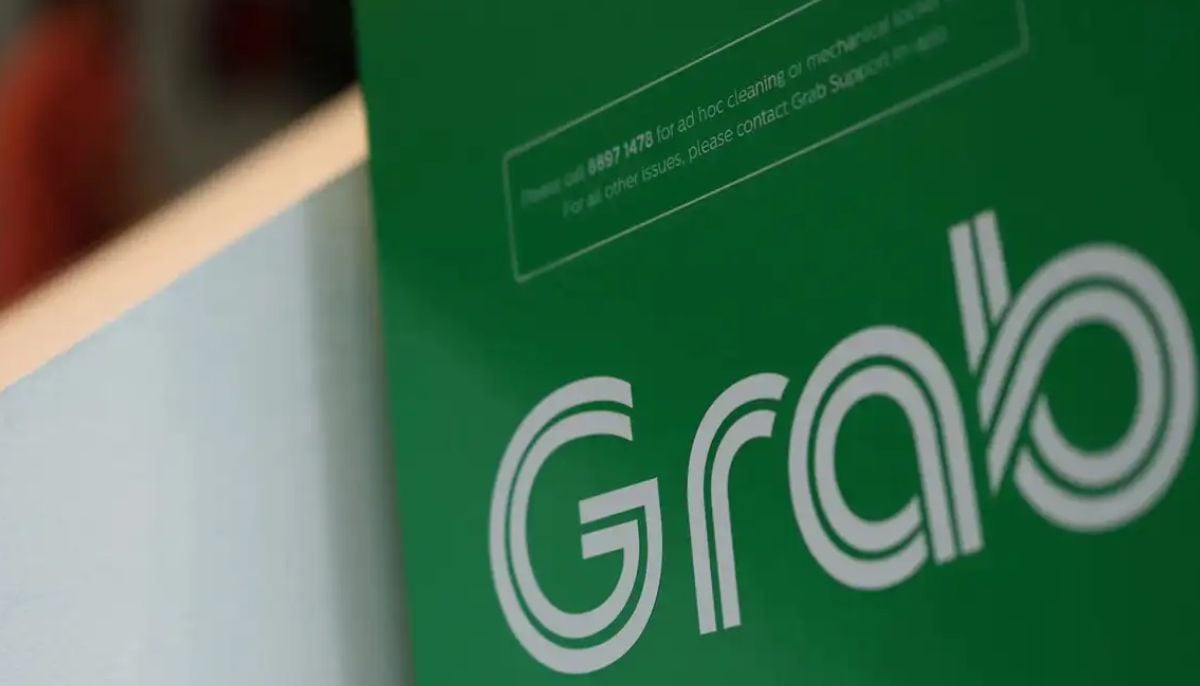Honda Atlas announces 15-day extension to plant shutdown
Automaker cites restrictions on opening LCs for import of CKD kits and raw materials major reason
Honda Atlas Cars Pakistan, in a stock filing on Friday, announced a 15-day extension to the longest plant shutdown to date due to restrictions on opening letters of credit (LCs) for import of completely knocked-down (CKD) kits and raw materials.
The automaker said that considering the current economic situation of Pakistan the company was not in a position to continue with production and ultimately continued to shut down its plant from April 1 to 15.
“Further to our letter dated March 08, 2023 [and] considering the current economic situation of Pakistan whereby the government resorted to stringent measures [...] the company’s supply chain has also been severely disrupted by such measures," the notice read.
The company cited the following "stringent measures" which have affected the supply chain:
- Restrictions on opening of LCs for import of CKD kits, raw materials
- Halting foreign payments
It should be noted that the company announced an initial shutdown on March 8, which was expected to end on March 31.
The auto sector remains engulfed in various crises, with a number of automakers announcing complete or partial shutdowns in recent months citing various reasons including reduced demand in the market and the company’s inability to maintain inventory as companies struggle to secure LCs.
The industry is also hit by import restrictions the coalition government had introduced to control the trade deficit.
Toyota Motors, and Pakistan Suzuki, among several other four- and two-wheel makers have time and again shut down their plants which have affected their sales. Not only the production activity has been affected, the companies also raised the prices of their CKD models which dented people’s already low purchasing power.
The country remains short of much-needed dollars to meet its import and other external payment commitments. The central bank’s foreign exchange reserves stand at just over $4.2 billion, barely enough for a month of essential imports.
Meanwhile, the government is constantly trying to woo the International Monetary Fund (IMF) to revive the stalled Extended Fund Facility (EFF) programme, which if approved by its board would release a funding tranche of over $1 billion.
-
Uber enters seven new European markets in major food-delivery expansion
-
Will Warner Bros finalize deal with Paramount or stays loyal with Netflix's offer?
-
$44 billion Bitcoin blunder: Bithumb exchange apologizes for accidental payout
-
Global memory chip crunch puts spotlight on Apple; Will iPhone become more pricey?
-
Bitcoin plummets toward $60,000 as investors dump risky bets
-
Bitcoin crashes below $63K as regulatory pressure and market fears grow
-
Bitwise Crypto Industry innovators ETF: What investors should do in 2026?
-
Nintendo shares slide again as momentum fears grow












